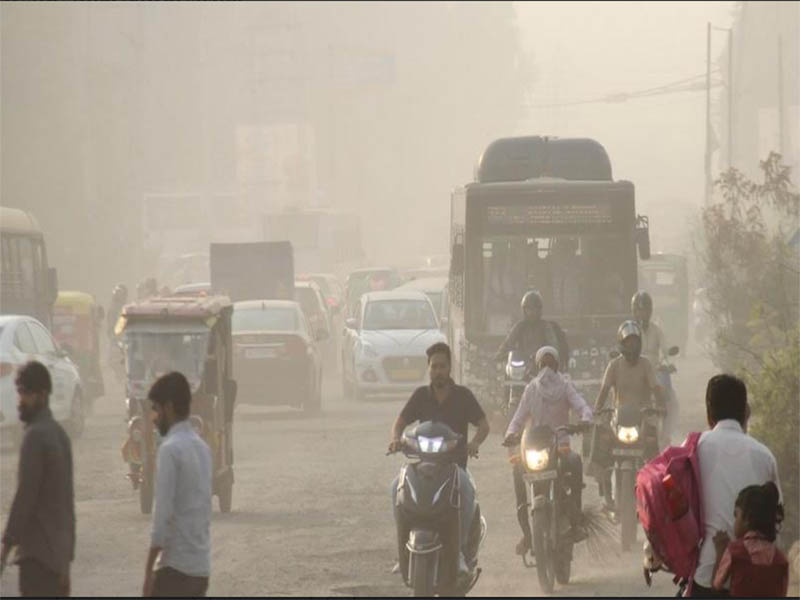Delhi: The AQI Across Delhi continues to be in the “very poor” bracket and deteriorates further in some parts of the capital. The air quality monitored by the stations was observed at 317 on Sunday. It touched “severe” at Anand Vihar, where the recording stood at 378. It is mainly because of environmental factors like the smoky burning of seasonal crop residue in neighboring states, wind speed being too low and the humidity level very high that the air quality of this city has come down to such an alarming level.
This bars the pollutants from getting diffused into the atmosphere and instead, they are kept confined inside Delhi’s air.
GRAP Stage 2 Bans Imposed to Check the Pollution
The increasing pollution in the capital city of Delhi has forced its authorities to go for Stage 2 of the Graded Response Action Plan, an anti-pollution plan to curtail the particulate matter in the air. Restrictions on using coal and firewood at outdoor eateries, restaurants, and hotels and use of diesel generators only for essential services have been made effective. This is the regulatory action that prevents further pollution, but with the weather patterns and crop-burning activities going on, Delhi’s AQI levels may soon go into the “severe” range if conditions don’t improve.
Escalating Health Concerns Among the Residents
The deteriorating air quality has brought about serious health concerns among the residents, especially vulnerable groups like children, the elderly, and those with pre-existing respiratory conditions. Poor to severe AQI value systems would result in various health complaints, from simple coughs and headaches to critical conditions that may affect the respiratory system. Health officials warn that Delhi residents must reduce going outdoors, especially in early morning and late afternoon, since pollution is expected at those times of the day, and to use face masks to prevent them from inhaling particles into the lungs.
Solutions with long-term benefits have to be implemented for seasonal pollutions.
While GRAP measures may be necessary for the short term, what Delhi is crying out for is a recurring seasonal problem that needs sustainable long-term solutions. In addition to regulations, it’s time to call for more controls on crop burning in neighboring states and the promotion of alternative agricultural techniques as a less polluting alternative. Since Delhi is now causing millions of people to suffer, environmental experts are now saying, “Let’s plan and enforce to prevent further pollution crises.”
××××××××××××
Telegram Link :
For latest news, first Hand written articles & trending news join Saachibaat telegram group
https://t.me/joinchat/llGA9DGZF9xmMDc1


